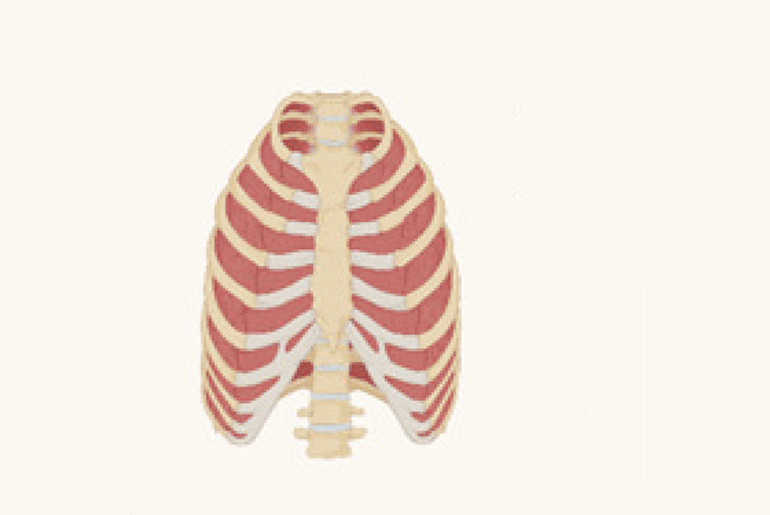A recent study highlights the significant link between an unhealthy body mass index (BMI) and impaired lung function in children. The study explored how BMI, whether too high or too low, can adversely affect lung health, potentially leading to long-term risks such as heart disease, lung disease, and diabetes.
Study Overview and Methodology
The study followed 4,000 children from birth to the age of 24, tracking their lung function development over the years. Lung function was assessed using spirometry, which measures lung strength by testing the volume of air a person can inhale and exhale. In addition, urine samples were collected to analyze metabolic substances in the body. This longitudinal study, which involved 3,200 participants, sought to understand the role of BMI in lung function over time.
Key Findings of the Study
- High BMI and Lung Function: The study found that extremely high BMI or a rapidly increasing BMI in children had a detrimental effect on lung function. It caused airflow obstruction, leading to restricted lung capacity. Additionally, high levels of the amino acid histidine, commonly found in individuals with asthma or chronic obstructive pulmonary disease (COPD), were detected in the urine samples of children with a high BMI, further linking poor BMI with respiratory issues.
- Low BMI and Impaired Lung Growth: On the other hand, children with below-average BMI also experienced compromised lung function. Inadequate lung growth due to low BMI was found to be another contributing factor to impaired lung health.
- Preventing Lung Impairment: The study also revealed that lung impairment could be prevented if a child’s BMI returns to a healthy range before reaching adulthood. Early intervention to normalize BMI was shown to prevent long-term lung damage.
Implications for Public Health
The study underscores the importance of maintaining a healthy BMI in childhood. While much attention has been given to overweight and obesity, the findings suggest that children with low BMI should also be a focus, as inadequate nutrition can affect lung development. The need for nutritional measures to support healthy lung growth in children, particularly those with a low BMI.
By focusing on both ends of the BMI spectrum—addressing obesity as well as undernutrition—health professionals can help prevent lung impairment and ensure better respiratory health in children as they grow into adulthood.
Disclaimer:
The information contained in this article is for educational and informational purposes only and is not intended as a health advice. We would ask you to consult a qualified professional or medical expert to gain additional knowledge before you choose to consume any product or perform any exercise.







